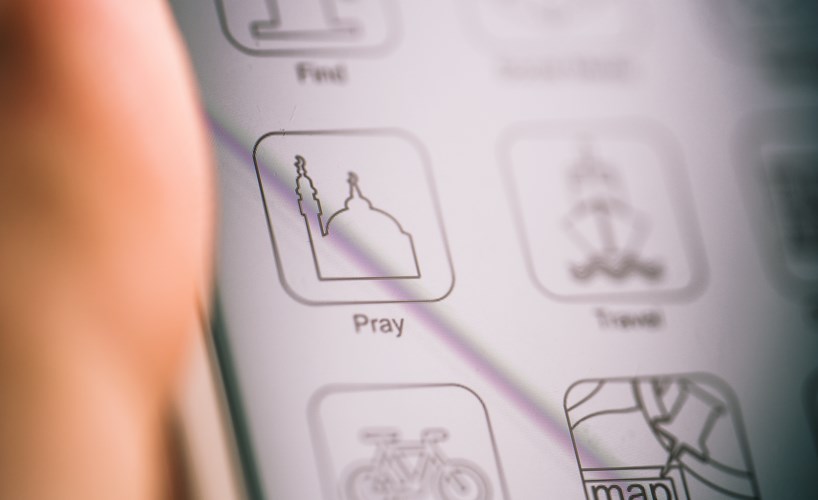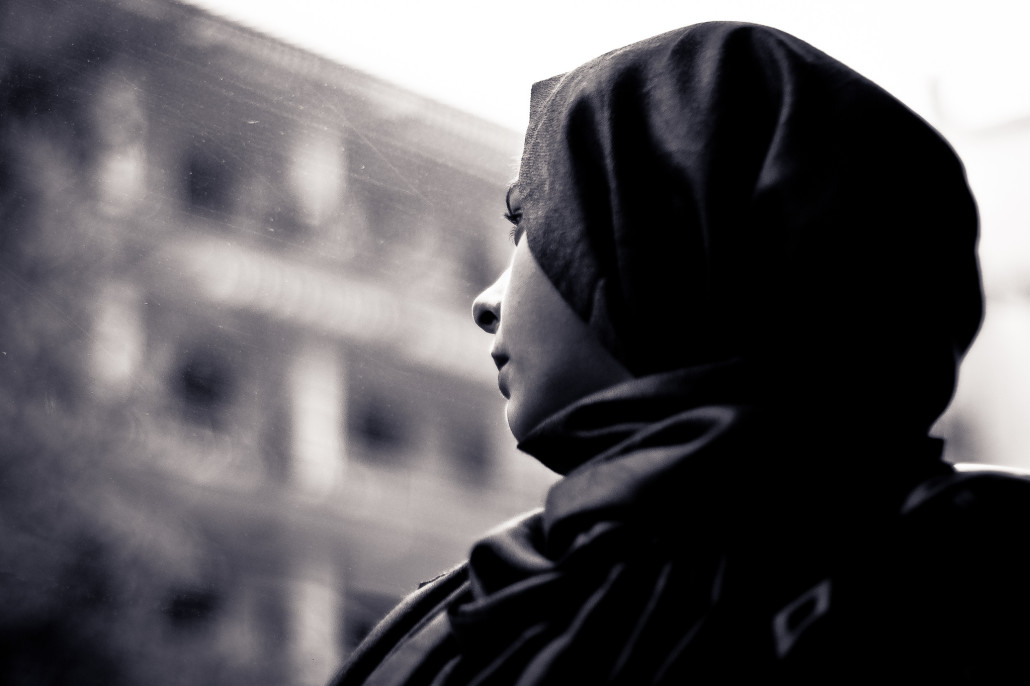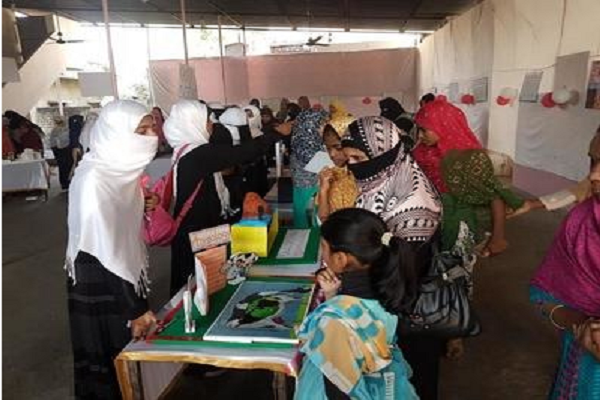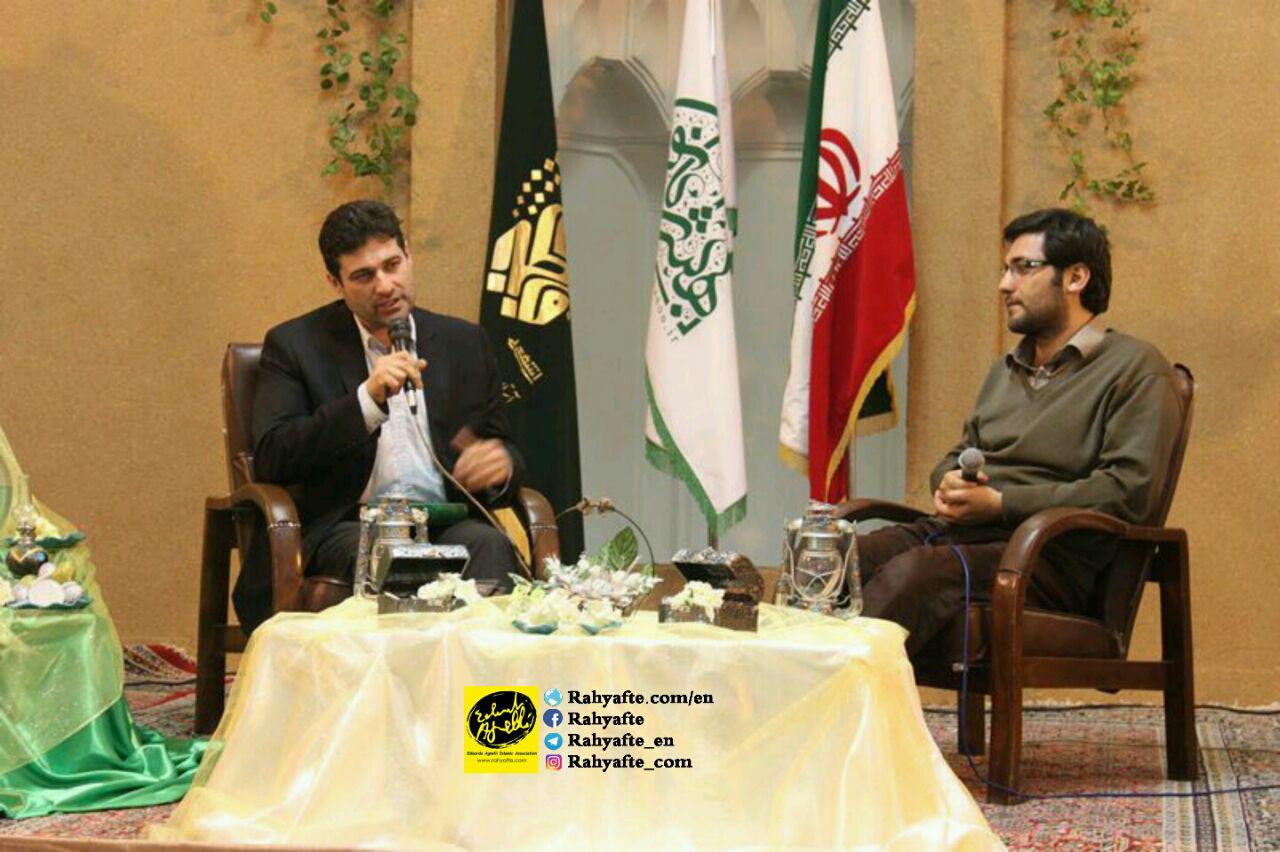According to Rahyafte (the missionaries and converts website): (Oxford – UK) -Millions of Muslims are using online robots to post prayers automatically on social media. One site alone uploads 1.9 million messages daily, mostly from Middle Eastern users.
As many as ten so-called Islamic prayer apps have been identified by three researchers at the University of Oxford: Carl Öhman, Robert Gorwa, and Professor Luciano Floridi, who investigated the largely unresearched world of “prayer bots”.

“These apps vary in their business model and popularity, but share the same goal: to facilitate and automate worship,” they say in their report Prayer-Bots and Religious Worship on Twitter: A call for a wider research agenda. The apps do not necessarily replace the mandatory “five-times-a-day” prayer rituals, but “seem to facilitate additional public supplication, which may be understood as a humble asking for an event to occur, or a wish to be fulfilled”.
Users can choose their own supplications, randomly generated ones, or select quotations from the Qur’an, which the app then posts on social-networking sites such as Twitter and Facebook. One site, Du3a.org, which has been functioning for about five years, says that it has been used 26 million times to post a 140-character prayer from the user’s account every two hours. When the researchers monitored it over a 48-hour period, they found a daily average of 1.9 million tweets, of which about half were posted from Saudi Arabia and Egypt.
This compares with 540,000 tweets per day on the 2016 United States presidential election in the final week before polling. “In other words, a single automated prayer app generated almost as many tweets in two days as accounts believed to be automated did in the whole week leading up to the election,” the report says.
“Yet, contrary to the US election, Du3a continues its activity every day of the year. In terms of sheer numbers, the expression of worship may rank among the most significant phenomena on Twitter overall.”
The researchers say that, while online social life is increasingly automated — from virtual assistants helping with daily tasks, to bots aimed at influencing political opinion — its religious use has gone unnoticed. More work is needed on why so many use the apps, but they suggest that one reason is that Muslims want to continue posting after their death.
“The hypothesis is that putting in motion an app to post supplications on one’s behalf after one’s death could help increase one’s chances of a good afterlife.”
Unlike Twitter, an Islamic prayer app will not go inactive after the user’s death. “This means that the huge presence of the Islamic Twitter supplications will likely continue to grow long after the account holders have died,” the report says. It continues: “It may, even within only a few decades, become increasingly difficult to differentiate between traffic generated by living and deceased users.”
surce:Hawzah News



















